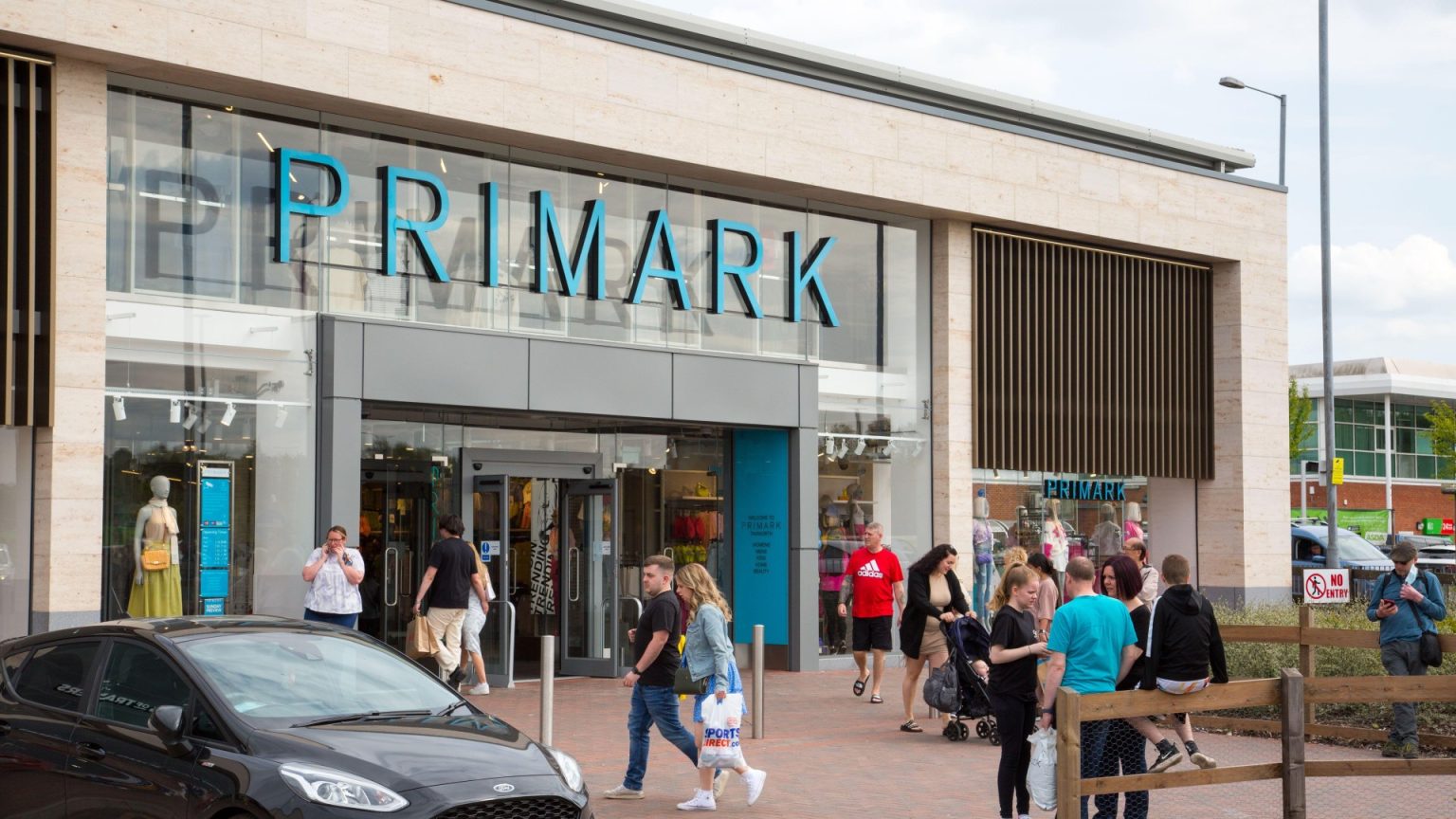Primark, the renowned fashion retailer, has issued a stark warning to the UK government, urging them to shift from rhetoric to action and deliver tangible economic growth. The company recently reported a 6% decline in like-for-like sales in the UK and Ireland, marking its first downturn since the pandemic-induced store closures. This drop, attributed to waning consumer confidence amidst a bleak economic outlook, stands in stark contrast to Primark’s robust performance in other markets. The retailer’s finance chief, Eoin Tonge, emphasized the pervasive nervousness among UK consumers regarding their personal finances, fueled by concerns about potential job losses and hiring freezes, particularly impacting lower-income individuals. Tonge stressed the need for the government to not only offer optimistic pronouncements but also to articulate a clear roadmap towards tangible economic growth, moving beyond generic assurances.
While Primark’s overall sales witnessed a modest 2% increase globally, bolstered by successful collaborations with personalities like Rita Ora and festive seasonal ranges, the UK market, representing 45% of the company’s sales, lagged significantly behind the robust growth experienced in Europe and the US. Primark’s concerns echo broader anxieties within the retail sector, with Sainsbury’s announcing plans to cut 3,000 jobs in response to escalating costs. These individual corporate struggles reflect a wider trend of declining consumer confidence, as evidenced by the GfK consumer confidence index, which has registered sharp declines in both household financial outlook and overall economic sentiment. This negative sentiment extends beyond consumers to businesses as well, with manufacturing orders and confidence plummeting at the fastest rate since the pandemic, as indicated by the CBI’s Distributive Trades Survey.
The prevailing economic pessimism poses a significant challenge for Chancellor Rachel Reeves, who has faced criticism for both her downbeat economic assessments and her proposed business tax increases. Business leaders, including Lloyds Bank CEO Charlie Nunn and Steve Hare, CEO of FTSE 100 tech firm Sage, have voiced concerns about the negative impact of this pervasive pessimism on investment, spending, and overall economic activity. Hare, in particular, cautioned against allowing negativity to stifle progress, emphasizing that economic fundamentals remain sound, and the real threat lies in the erosion of optimism.
Adding to Primark’s concerns, Tonge criticized the government’s planned reforms to the business rates system, which aim to offset discounts for smaller businesses by increasing rates for larger stores. He argues that this approach is detrimental to high streets, as larger stores often act as magnets, driving footfall that benefits smaller businesses as well. This critique highlights the complex interplay between government policy and the retail landscape, and the potential unintended consequences of well-intentioned reforms.
Beyond Primark, other businesses are also grappling with challenging market dynamics. THG, the e-commerce group, reported a 12% decline in sales within its nutrition arm, MyProtein, attributed to high whey prices and a rebranding of protein powders. However, the company’s beauty division, encompassing brands like Cult Beauty and Glossybox, experienced a 3.3% sales increase. Meanwhile, HSBC, the banking giant, announced the closure of its payments app, Zing, just a year after its launch, citing a strategic shift away from the venture. This decision puts 400 jobs at risk and underscores the competitive landscape in the fintech sector.
The Competition and Markets Authority (CMA) has initiated investigations into tech giants Apple and Google, scrutinizing their practices related to mobile software and services. The probe aims to determine whether these companies are unfairly favoring their own apps and services, potentially stifling competition from other developers. This investigation follows the recent appointment of former Amazon UK boss Doug Gurr as the CMA’s chairman, replacing Marcus Bokkerink, a move that has sparked controversy and raised concerns about potential bias towards Big Tech companies. Chancellor Reeves defended the decision, asserting that Bokkerink was removed due to a misalignment with the government’s pro-growth agenda.
Finally, the ongoing challenges in the housing market remain a persistent concern. Nationwide Building Society reports that while wage growth has marginally outpaced house price increases, affordability remains a significant hurdle for many aspiring homeowners. First-time buyers, even with a 20% deposit, would typically allocate 36% of their take-home pay to mortgage payments, a figure exceeding historical averages. This financial strain, coupled with high rental costs, often compels prospective buyers to seek financial assistance from family and friends for their deposits. The housing market continues to be a key indicator of overall economic health, and its persistent challenges reflect the deeper issues impacting the UK economy.




